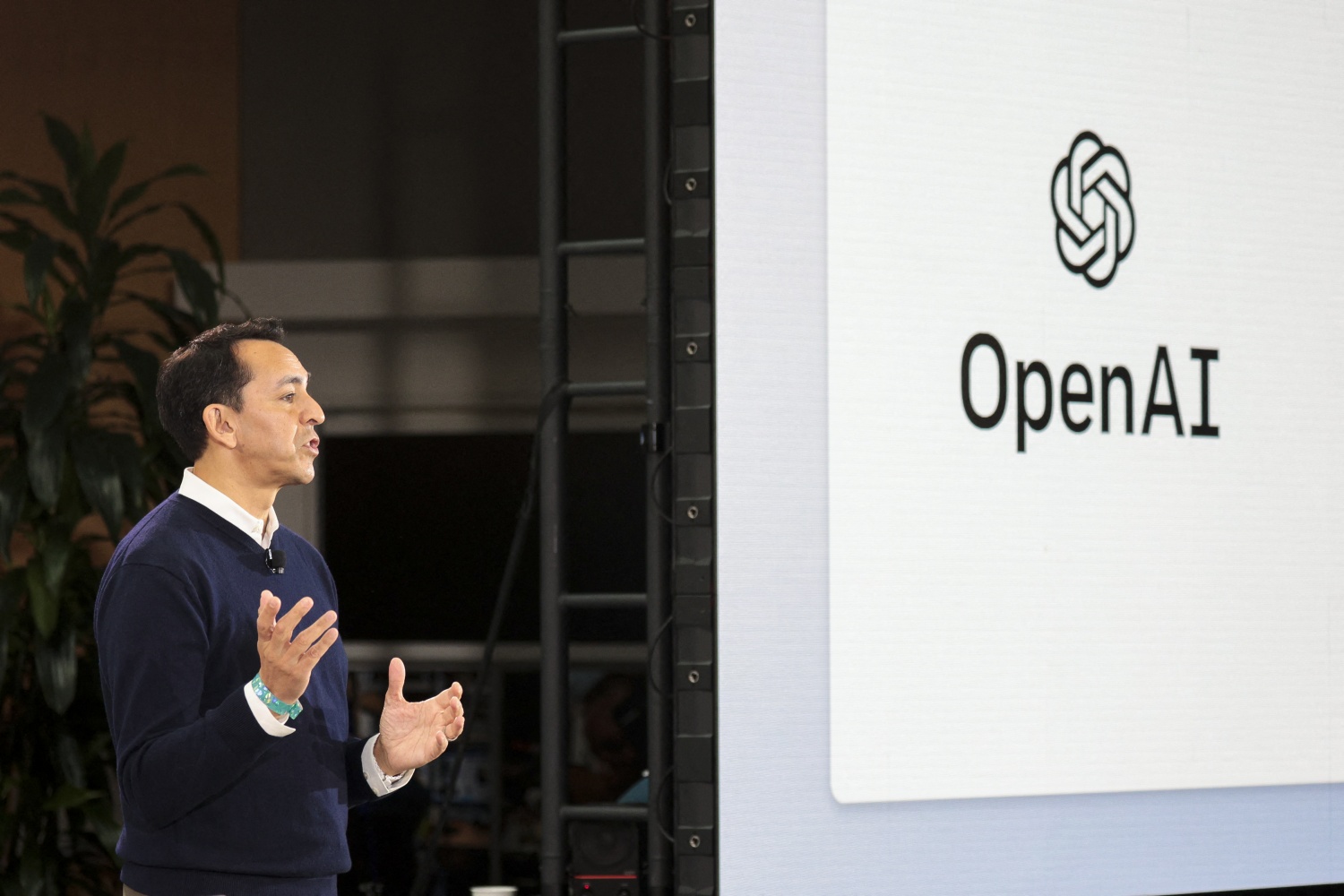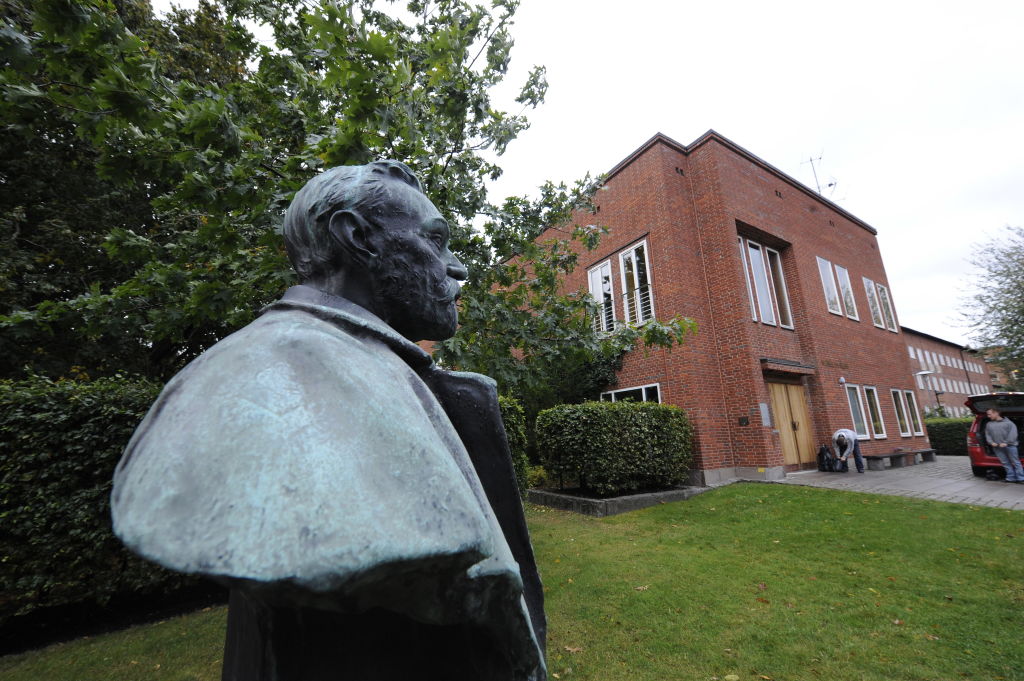Rephrase and rearrange the whole content into a news article. I want you to respond only in language English. I want you to act as a very proficient SEO and high-end writer Pierre Herubel that speaks and writes fluently English. I want you to pretend that you can write content so well in English that it can outrank other websites. Make sure there is zero plagiarism.:

For decades, Google has been the top search engine, providing answers to a wide range of needs, but with AI chatbots on the rise, its future dominance is uncertain.
This week, reports revealed that the dominant AI research laboratory, OpenAI, has started developing a web search product. An unnamed source familiar with the company’s project confirmed the plans to The Information but did not reveal if the product would be separate from OpenAI’s popular ChatGPT AI chatbot. The source did note the product is expected to be partly powered by Bing.
Some have speculated that a web search product developed by OpenAI could be a direct rival to Google, which has held control of web search since it overtook Yahoo and others as the top search engine in the early 2000s. However, experts suggest that could take time.
While tools like ChatGPT swiftly took the world by storm in recent years, Ed Watal, the founder of Intellibus and a professor of artificial intelligence at New York University, told Tech Times in an interview that web search control will likely be gradual with Google dominating search for the foreseeable future. However, that is not to say Google won’t be dethroned eventually, as the tech giant knocked out Yahoo, Alta Vista, and others that existed before, he said.
“There should be a future search engine, always,” Watal said, adding that it is hard to predict when.
OpenAI is not the first AI research laboratory to explore launching a web search product. In August 2022, perplexity.ai was launched, focusing on search-based queries rather than conversational responses like previously developed AI systems. While its popularity has remained relatively low – garnering around 10 million monthly users compared to 1.5 billion monthly users for Google – the search engine has been valued at around $520 million since its launch, according to TechCrunch.
Microsoft also introduced an AI-supported search engine through its Copilot chatbot, which has been a standout feature on its search engine Bing since early February 2023.
The chatbot allows users to ask questions and receive human-sounding responses with links to sources. Unlike the free version of ChatGPT, Copilot is directly connected to the internet and can provide the most up-to-date information in its answers.
Just one month after the launch, Microsoft announced it reached over 100 million daily active users of the AI-supported Bing search engine.
Despite OpenAI’s success with ChatGPT – which has been considered the fastest-growing application, gaining an estimated 100 million monthly users in just two months – Watal and other experts believe the company only has a slight chance at making a dent in Google’s regular search base. Watal estimated that OpenAI may have around a 30% chance of gobbling up market share as history and current business models heavily favor Google.
He explained that Google’s search is tiered with navigational queries, basic knowledge questions, as well as transaction-focused queries – all of which create Google revenue just from certain clicks.
Meanwhile, AI has primarily thrived in research queries. While Google is also heavily used for research, he noted that the company doesn’t make much active money off queries other than search behavior. Watal suggested that if OpenAI could harness these searches and ensure they are aligned with transactions, they may be able to make a dent.
Bernard Marr, a generative AI expert and author of the upcoming book “Generative AI in Practice,” agreed that to pass Google, AI systems will need to appeal to a broad audience and be accessible. However, he noted that their strengths of immediate, conversational, and often nuanced and personal responses give companies like OpenAI an advantage.
“While OpenAI is trying to integrate better search functionality into ChatGPT, Google is working on its own AI-enhanced search,” he told TechTimes.
Dev Nag, CEO and founder at QueryPal and a former Senior Engineer at Google, told TechTimes that for an AI system to surpass an engine like Google, it would need to do so across multiple aspects of the value chain.
Nag indicated that Bing has failed to beat Google, so there is no clear evidence that a similar-looking search engine can take the top spot. Instead, he suggested something entirely new may throw off the tech giant.
“It’s more likely that Google will get disrupted by a tool that changes the entire paradigm of ‘search in a text box’ to something quite different, such as a tool that doesn’t require the user to leave their existing communication channels but sits within them and is able to detect questions, understand the user’s recent activity, predict future needs, and suggest the right data at the right time,” he said.
As the technology continues to develop, Nag warned that AI laboratories like OpenAI have a fierce battle ahead of them if they seek to come out on top.
“The ability to experiment on 9 billion daily Google searches is a laboratory that no one else in the world has access to,” he said. “The economies of scale in search, both on hardware and learnings, are still underappreciated by the world outside of Google, and new vendors need to climb a steep wall to overcome this advantage.”
Callie Patteson is a freelance journalist jointly based out of Amsterdam, Netherlands and New Hampshire. Previously, she worked as a national politics reporter for the New York Post as well as an Associate Breaking News Editor for the Washington Examiner. Her website is https://www.calliepatteson.com.
ⓒ 2024 TECHTIMES.com All rights reserved. Do not reproduce without permission.

I have over 10 years of experience in the cryptocurrency industry and I have been on the list of the top authors on LinkedIn for the past 5 years. I have a wealth of knowledge to share with my readers, and my goal is to help them navigate the ever-changing world of cryptocurrencies.




